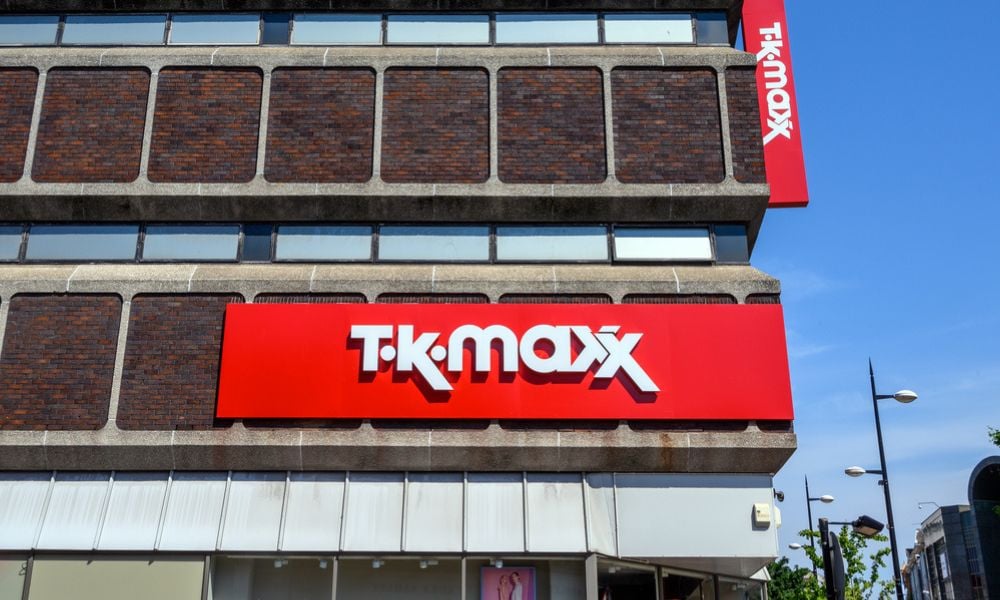The release of two reports on Australia's IT sector have suggested that the nation will face a "serious problem" if the skills shortage is not addressed.
New reports have found that Australia will need 100,000 new workers to enter the IT industry by the end of the decade – but the sector is the victim of an “image problem” that makes this void unlikely to be fulfilled.
It was recently estimated by Deloitte that 40% of jobs are at high risk of becoming irrelevant by 2030 due to the rise of intelligent machines. It was suggested that jobs in the health and mining sectors will be the biggest sufferers.
The Deloitte Access Economics report, The Future Workforce? – which will be launched by the Communications Minister next week – has forecasted that the demand for employees with IT skills will continue to increase in coming years.
Alarmingly, the number of students enrolled in courses which will endow them with these skills is significantly lower than the rate of enrolment in the early 2000s.
John O’Mahony, director of Deloitte Access Economics, cautioned that a “serious problem” could occur in Australia if the skills shortage continues to develop.
Another report – Australia’s Digital Pulse – commissioned by the Australian Computer Society, claimed that television programs such as The IT Crowd are damaging the industry’s reputation, while other professions such as law, finance and medicine are repeatedly glorified by the media.
“This could be contributing to the industry's image problem among younger generations in particular,” the report’s authors wrote.
Researchers found that schools in Australia were lagging behind in the adoption of digital technologies, and called for better trained teachers and an overhaul to the national technologies curriculum.
Employment in the IT sector is expected to rise to a rate of 700,000 new positions per year by the end of the decade.
In recent years, over 10,000 temporary visas have been granted to IT professionals.
But what can HR do to reduce the risk of the prediction becoming reality?
On an international level, corporations are attracting and developing IT professionals by creating ‘cool’ company images – through perks, leadership and products – that are synonymous with their workers.
One example of this is Apple – the globally renowned tech company has been praised for its strong HR function. In a past Business Insider article, employee feedback praised the positive workplace environment created by the tech giant.
“Apple treats its employees like human beings and trains us to treat our customers as such,” one employee said. “It's such a nice relief to know that I can be honest with customers and not feel like I have to manipulate people or be withholding to do my job well… Apple allows me to be very independent and gives me the tools to go wherever I want in the company - it's awesome. Apple also strives to make everyone feel like one big family, and is an extremely family oriented company.”
Startup LinkedIn also has a good reputation as an employer, with one employee saying that the company has “inspiring senior leadership” and “a lot of growth opportunities and lateral movement within the company”.
Apparently innovation is key to engaging IT candidates – the worker added that “LinkedIn is really going places and it is great to be a part of that”.
Another option HR can take is publicising the positive traits of their IT workforce.
Rackspace, one of the companies recognised by Business Insider as a top tech employer, has seemingly created an environment in which employees recognise each other’s talents and achievements while nurturing their own.
“The people they hire are mostly fantastic, so you will work with some of the funnest, best, and brightest people in the industry,” said one worker.
“Do not regret my decision to become a Racker at all,” said another. “It's great to be surrounded by bright and dedicated developers. There is no shortage of resources and support to help us grow as developers.”
It was recently estimated by Deloitte that 40% of jobs are at high risk of becoming irrelevant by 2030 due to the rise of intelligent machines. It was suggested that jobs in the health and mining sectors will be the biggest sufferers.
The Deloitte Access Economics report, The Future Workforce? – which will be launched by the Communications Minister next week – has forecasted that the demand for employees with IT skills will continue to increase in coming years.
Alarmingly, the number of students enrolled in courses which will endow them with these skills is significantly lower than the rate of enrolment in the early 2000s.
John O’Mahony, director of Deloitte Access Economics, cautioned that a “serious problem” could occur in Australia if the skills shortage continues to develop.
Another report – Australia’s Digital Pulse – commissioned by the Australian Computer Society, claimed that television programs such as The IT Crowd are damaging the industry’s reputation, while other professions such as law, finance and medicine are repeatedly glorified by the media.
“This could be contributing to the industry's image problem among younger generations in particular,” the report’s authors wrote.
Researchers found that schools in Australia were lagging behind in the adoption of digital technologies, and called for better trained teachers and an overhaul to the national technologies curriculum.
Employment in the IT sector is expected to rise to a rate of 700,000 new positions per year by the end of the decade.
In recent years, over 10,000 temporary visas have been granted to IT professionals.
But what can HR do to reduce the risk of the prediction becoming reality?
On an international level, corporations are attracting and developing IT professionals by creating ‘cool’ company images – through perks, leadership and products – that are synonymous with their workers.
One example of this is Apple – the globally renowned tech company has been praised for its strong HR function. In a past Business Insider article, employee feedback praised the positive workplace environment created by the tech giant.
“Apple treats its employees like human beings and trains us to treat our customers as such,” one employee said. “It's such a nice relief to know that I can be honest with customers and not feel like I have to manipulate people or be withholding to do my job well… Apple allows me to be very independent and gives me the tools to go wherever I want in the company - it's awesome. Apple also strives to make everyone feel like one big family, and is an extremely family oriented company.”
Startup LinkedIn also has a good reputation as an employer, with one employee saying that the company has “inspiring senior leadership” and “a lot of growth opportunities and lateral movement within the company”.
Apparently innovation is key to engaging IT candidates – the worker added that “LinkedIn is really going places and it is great to be a part of that”.
Another option HR can take is publicising the positive traits of their IT workforce.
Rackspace, one of the companies recognised by Business Insider as a top tech employer, has seemingly created an environment in which employees recognise each other’s talents and achievements while nurturing their own.
“The people they hire are mostly fantastic, so you will work with some of the funnest, best, and brightest people in the industry,” said one worker.
“Do not regret my decision to become a Racker at all,” said another. “It's great to be surrounded by bright and dedicated developers. There is no shortage of resources and support to help us grow as developers.”





